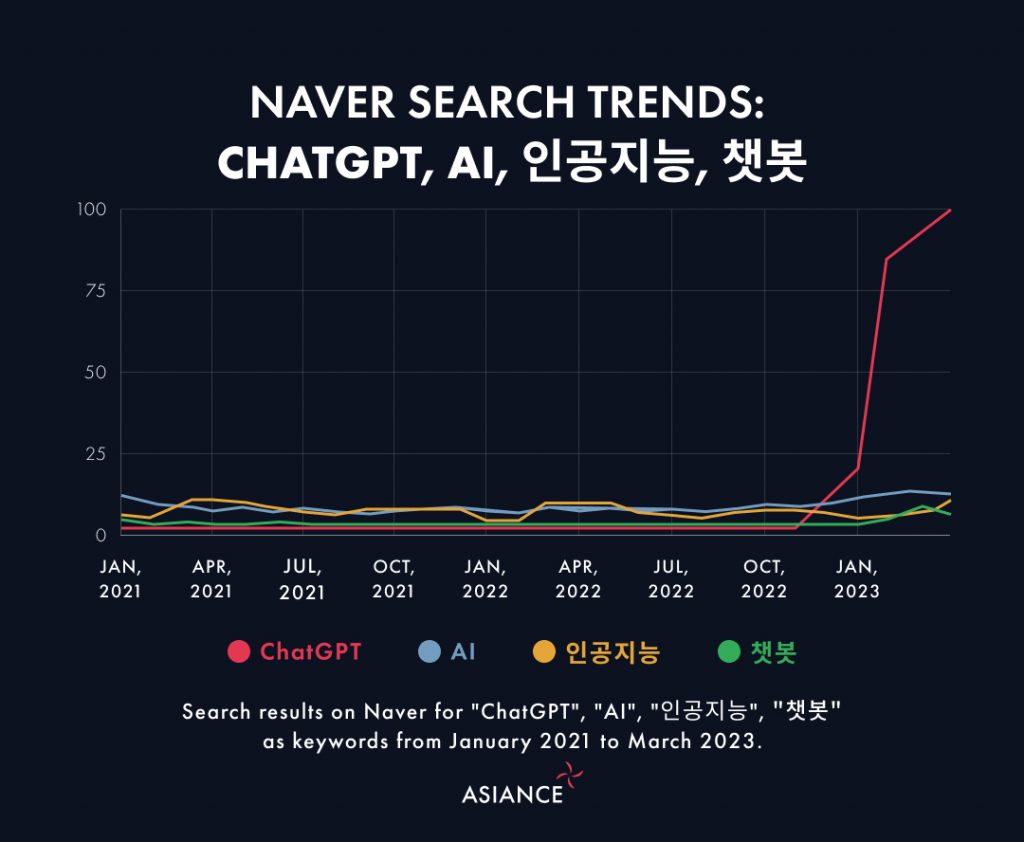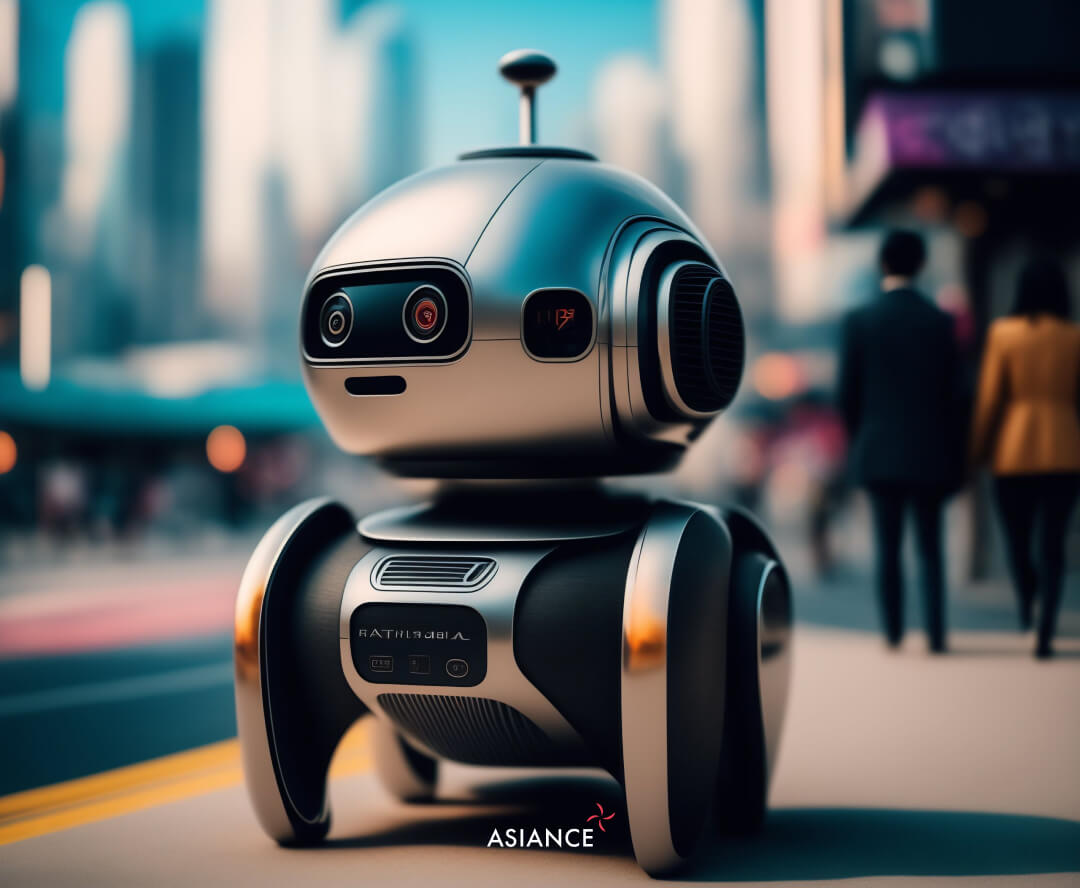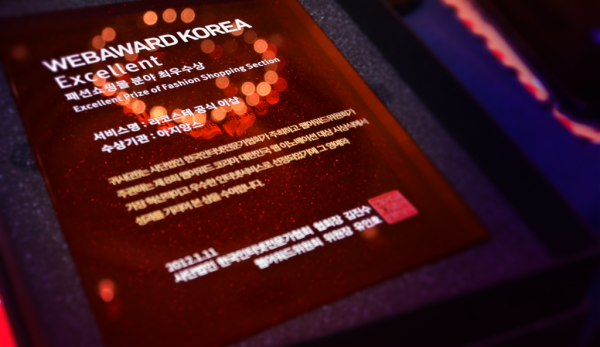A worldwide phenomenon
ChatGPT, the phenomenon of AI, has taken the world by storm with its impressive and revolutionary performances. As an advanced technology, chatbots are intelligent agents that respond to a particular input like a smart entity. According to the dictionary definition of a chatbot, it is a computer program that simulates a conversation with human users, especially over the internet. The technology of chatbots has enabled the democratization of HCI, which refers to human-computer interactions, allowing for a larger audience to access the benefits of this advanced technology.
The evolution of chatbots has been significant, from robots that only provide basic responses to human-like answers and conversations thanks to machine learning algorithms and other deep learning tools. Chatbots can be used for information, education, business, productivity, or just entertainment. Recent years have seen an increase in interest in chatbots, from specialized utilization in industry and research to daily usage of inter-agent chatbots like Siri or Alexa.

The impact of OpenAI’s ChatGPT release in Korea
OpenAI’s ChatGPT, released on November 30th, 2022, had a worldwide impact, with impressive and revolutionary performances. However, it rapidly showed some limitations, such as errors in accuracy, repeating oneself, reusing language from earlier responses, and an inability to comprehend nuances of human-to-human interactions such as irony or sarcasm. Furthermore, ChatGPT can potentially perpetuate biases and stereotypes, as it relies on biased data.
Particularly, there are flaws in the Korean language due to a lack of linguistic diversity. The Korean language, and some other Asian languages, have societal norms and different word usage depending on the hierarchy and relationship between two individuals. Different formulations and word choices depend on the social context that ChatGPT doesn’t seem to understand. Thus, the model’s performance will vary depending on the language and the complexity of the text being generated. Cultural context and background answers aren’t exactly accurate, and ChatGPT is not to be trusted with Korean names, giving confusing and inaccurate answers. For example, a recent article published by the Korean Herald mentions ChatGPT’s incorrect answers about the current South Korean president and an apparent confusion between Yoon Seok-Yeol and his opponent Lee Jae-Myung.
These limitations represent opportunities for Kakao and Naver, two of the most prominent tech companies in South Korea. They both announced the creation of AI-based chatbots, and we expect these innovations to suit the Korean language and society more than the global AI chatbot introduced by OpenAI.
Naver and Kakao have set their sights on developing advanced chatbot technologies that can rival the capabilities of ChatGPT. Naver has been working on its own AI platform called HyperClova X, an upgraded edition of HyperClova which was released in 2021, and recently announced the launching of SearchGPT. HyperClova is already being used in a range of Naver’s products, including its search engine and messaging app, and the company is investing heavily in its development to make it even more advanced. Meanwhile, Kakao has also been working on its own chatbot platform, KoGPT, which is similarly designed to understand natural language and provide intelligent responses to users. The company has stated that it sees AI and chatbot technologies as a key part of its future growth strategy. KoGPT is specifically designed to understand the Korean language, while SearchGPT is designed to improve search results by understanding the user’s search intent and providing more accurate results. ChatGPT, KoGPT, HyperClova X, and SearchGPT will represent significant advancements in AI language models and demonstrate the growing importance of natural language processing in various industries. Both companies are competing fiercely to create the most advanced chatbot technology in the South Korean digital ecosystem, and their ambitions to develop chatbots like ChatGPT reflect the increasing importance of AI in the tech industry.
These announcements by Kakao and Naver are a glimpse of the ongoing worldwide race to AI. Other examples of conversational AI for search include You.com and Microsoft Bing search engine with AI chat features. Google is behind in the race but catching up with Google Bard.
Final thoughts
ChatGPT is the result of decades of innovation and democratization of human-computer interaction (HCI) technology. Its release in November 2022 launched a worldwide race and effort to AI dominance, and South Korea wants to be part of this race. Naver and Kakao are ambitious, but the government too as it is preparing new measures to improve the competitiveness of its artificial intelligence sector. This initiative aims to strengthen Korea’s capabilities in this field.
Regardless of its incredible performances and/or apparent limitations, ChatGPT and similar innovations raise several questions regarding ethics, deontology, or the future labor market. In fact, following its release, the academic world was (and still is) shaken. There are open questions in regard to plagiarism, knowledge, intellectual property, larger ethical concerns, and even the future of the labor market.
Chatbot technology represents just one aspect of the broader global race to AI, which has the potential to revolutionize many aspects of our lives but also raises important ethical considerations that must be carefully addressed as we continue to develop and integrate these innovations into our society.
This article’s sentences were written with the assistance of ChatGPT.












